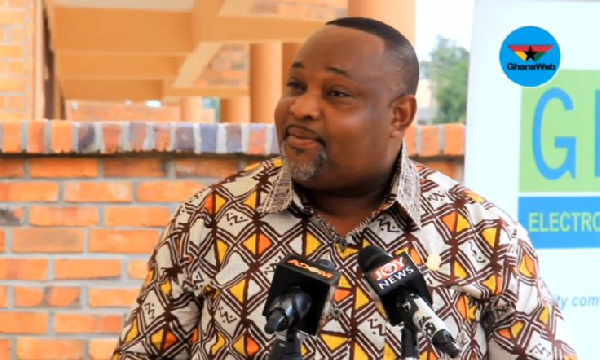The Ghana Real Estate Developers Association (GREDA) has said government’s laid-back attitude and lack of interest in providing an enabling environment for the housing sector is making the affordable housing agenda a mirage.
GREDA’s Executive Secretary, Samuel Amegayibor, told the B&FT that access to land, the ever-increasing cost of building materials in a free-market housing sector, as well as tax components on construction materials remain major challenges.
Speaking at a Sales Opportunity Conference hosted by SuCasa in Accra, Mr. Amegayibor disclosed that interest rates for players – which is pegged at 42 percent – is also a hindrance to the sector’s growth.
“Despite the efforts we put in to make housing affordable to the average Ghanaian as private businesses, the above-mentioned issues frustrate realtors as government seems to have no solution. These are making the affordable housing agenda a mirage,” he emphasised.
GREDA believes the lack of will to introduce policies that easily make housing accessible and affordable to the average Ghanaian is compounding efforts to reduce the over 1.7 million housing deficit.
In the last few decades, successive governments have introduced various affordable housing schemes which they have failed to implement to the letter. These non-happenings, according to Mr. Amegayibor, have consistently derailed plans that otherwise would have benefitted many citizens.
“It is in this vein that we believe private real estate players have done far better and contributed more to the country’s affordable housing vision than governments,” he said.
Ghana’s current total housing deficit is estimated to be around two million units, and is increasing each year.
Indeed, the country’s banking sector’s attitude toward construction finance and mortgage is hostile – with almost 90 percent of banks having a zero percent portfolio on them.
As the majority of banks give between 10-15 years mortgage, Bank of Ghana (BoG) data indicate that the current percentage rate on mortgages ranges from 18.7 – 31.7 percent as of last year, with most banks sticking to the latter.
Mortgage penetration, according to the Bank of Ghana, as of 2017 was at four percent – while penetration in Germany is 72 percent, USA – 80 percent, and most countries in Europe being above 60 percent.
Last year, government prioritised addressing the housing sector deficit with solutions to introduce a National Homeownership Fund (NHF).
The initiative seeks to focus on a blend of financial concepts to lower mortgage lending and rental rates to end-consumers, while protecting the gains of Participating Financial Institutions and investors without distorting the market. However, the current status of the NHF is not known.
In the last few decades, government and international private players have partnered to initiate housing schemes: including the affordable projects in Asokore Mampong; Amasaman affordable housing; Gbetsile affordable housing project; Shai-Hills affordable housing project; Kpone affordable housing project; Borteyman affordable housing project; and the Saglemi affordable housing project.
With exception of the affordable housing project in Asokore Mampong which has been completed, all the above projects are left hanging.










